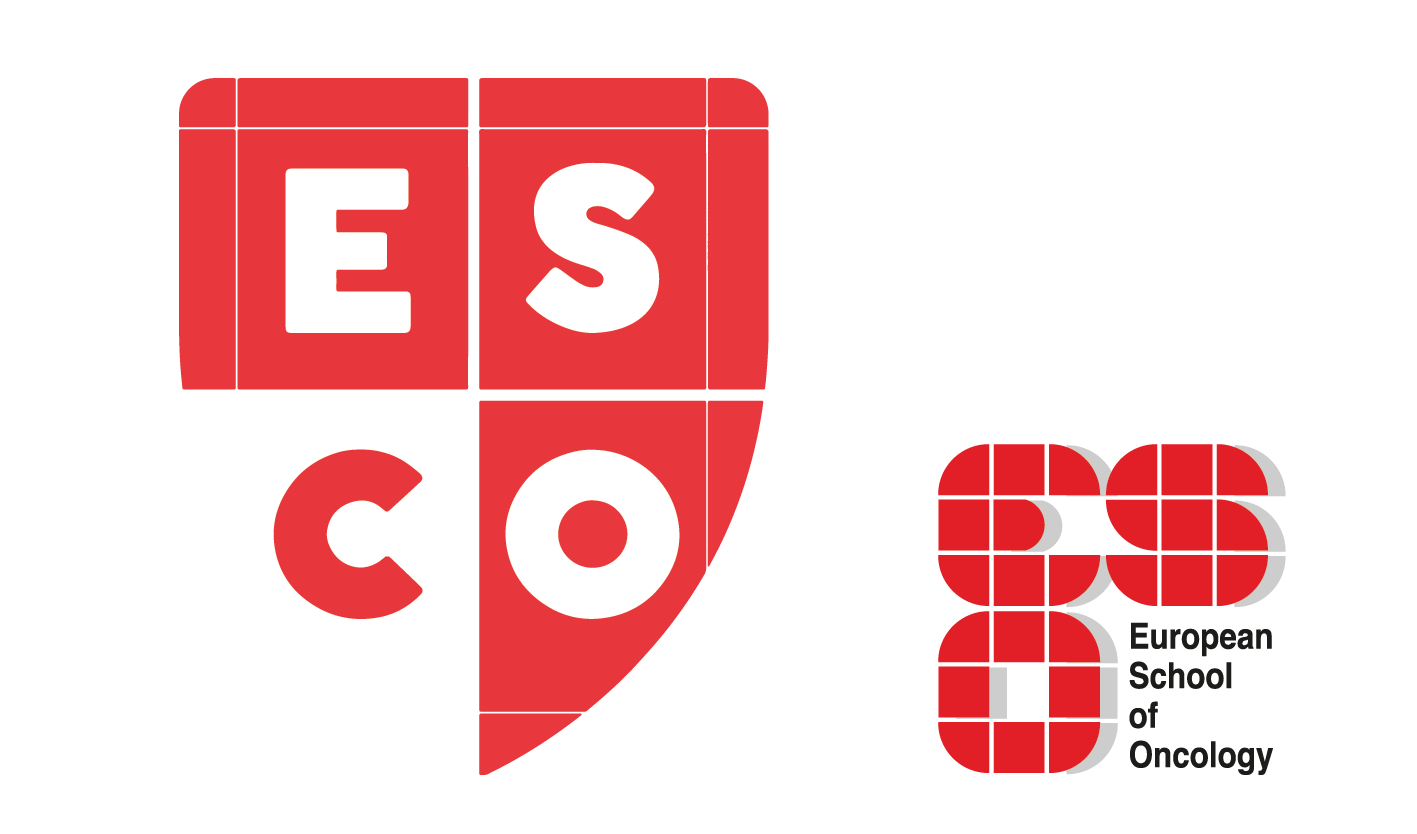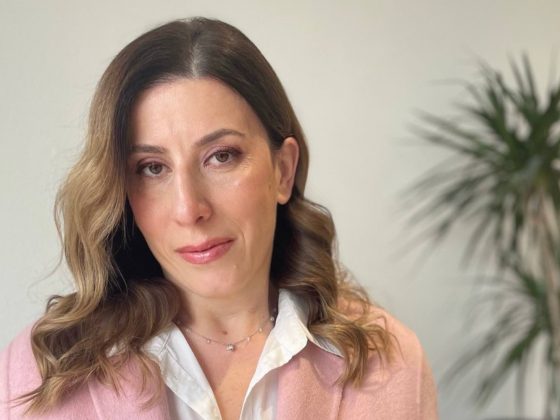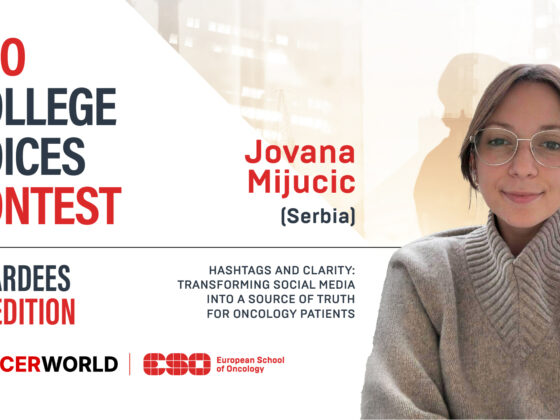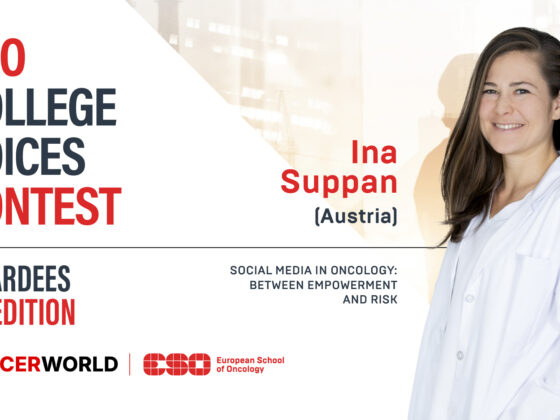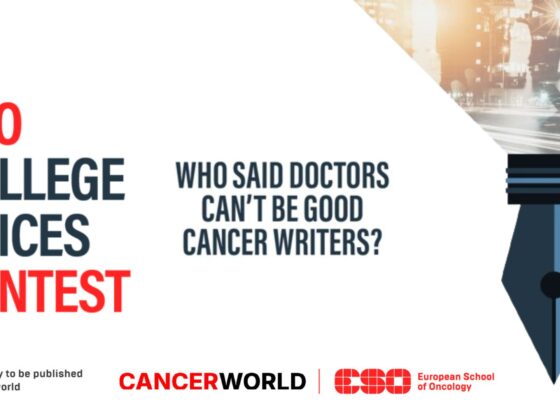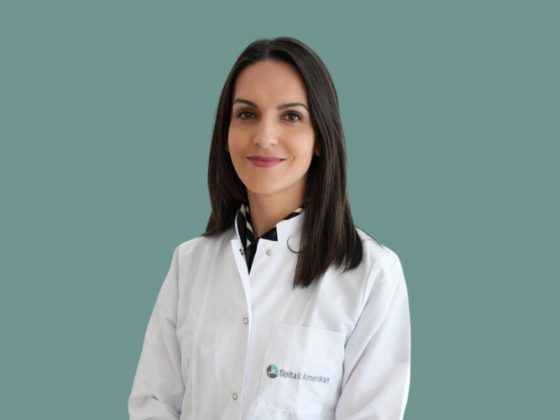During a recent clinic visit, a young woman newly diagnosed with breast cancer mentioned that she had used ChatGPT to research treatment options. We explained to the patient that, although ChatGPT can give sophisticated responses in an authoritative tone, it is not entirely reliable in generating medical recommendations, mainly because its knowledge is limited to a certain cutoff date and is not updated in real time. As an oncologist and a trainee residing and practising in a low- to middle-income country (LMIC), Lebanon, this interaction struck a particular chord. As clinicians, we are used to patients asking questions based on information they have read online, which does not always come from reliable sources. The questions are typically on some new miracle treatment for cancer or herbal supplements or an extreme diet that promise miraculous results. However, with the evolution of artificial intelligence (AI), and the ease of access to publicly available chatbots such as ChatGPT, patients have started to explore these more innovative and ‘intelligent’ resources to answer major questions about their disease. Although there is no doubt that AI is playing a revolutionary role in advancing the field of oncology, it remains essential to familiarise ourselves with its limitations to mitigate biases and avoid aggravating existing health disparities.
AI is driving a surge of innovation in medicine, particularly in oncology. It can benefit early cancer diagnosis by augmenting medical imaging to improve lesion detection, analysing high-dimensional liquid biopsy data, and developing predictive models that can risk-stratify patients to guide screening. Furthermore, AI can aid clinical decision-making by analysing clinical and complex molecular data to suggest treatment strategies based on the patient’s tumour profile, and can even predict response to treatment. Finally, AI can aid in streamlining physicians’ workflow in the clinic, which can decrease the time spent on administrative work, improve efficiency, and increase the time spent with the patient. Despite these attractive features, the fast-paced developments introduced by AI might leave LMICs lagging further behind in patient care.
The incorporation of AI into clinical practice necessitates infrastructural requirements that may not be readily available in LMICs, including hardware, a stable Internet connection and electricity supply, the availability of electronic health records, and dedicated and trained personnel. However, AI models intended for use in limited-resource settings are often designed in high-income countries (HICs), and are not adapted to the needs and existing infrastructure of the region where they will be implemented. Patients with cancer in LMICs often struggle to access diagnostic services and high-quality care; treatment costs are frequently paid out-of-pocket, resulting in significant financial toxicity. Healthcare providers in developing nations must comprehend how AI-generated recommendations are made, regularly monitor the system’s performance, and validate it within real-world applications.
Although some of the AI applications can offer cost-effective solutions in healthcare, such as machine-learning analysis of genes to classify lymphoma biopsy specimens, the affordability of AI-powered technology remains a concern in LMICs. These systems involve high installation and maintenance costs, which have hindered their widespread adoption in developing nations.
Another issue is that AI systems are often developed in HICs using datasets derived from populations of primarily European heritage, and may not be readily applicable to populations that do not share the same genetic risk factors, environmental exposures and cancer epidemiology. In LMICs, a substantial portion of the overall cancer burden is attributed to infection-related cancers, and failure to reflect this in training datasets can potentially introduce biases in diagnosis and errors in management, thus worsening health inequalities. For example, AI algorithms designed for melanoma diagnosis are often trained on people with fair skin, potentially reducing their performance when applied to individuals with a darker skin tone.
There is an argument that AI models can be employed to mitigate human bias in clinical decision-making. An example of this is the use of Watson for Oncology, an AI-driven decision support system that aims to standardise clinical decisions. Studies have demonstrated a high level of agreement between treatment plans generated by Watson for Oncology and recommendations from multidisciplinary tumour boards. However, this technology is replicating expert clinical decision making without examining the suitability of applying it in diverse scenarios, which can potentially exacerbate pre-existing biases present in datasets during the automation process.
Lastly, there are ethical issues to consider, such as data colonialism, which refers to the extraction of data from LMICs by institutions in HICs to develop algorithms that mainly benefit the latter. In addition, the absence of international guidelines and regulatory bodies for the development and implementation of AI in healthcare can lead to potential disparities in the quality and safety of various AI applications. Developing countries are particularly susceptible to experiencing breaches in quality standards under these circumstances.
In conclusion, the application of AI in oncology is a double-edged sword. While holding great promise for the future of cancer care, it also threatens to widen existing health disparities. To mitigate this risk, oncologists should be mindful of the challenges surrounding AI in resource-limited settings, to ensure the equitable use of this technology. Furthermore, engaging end-users from LMICs in the design of AI healthcare systems can help in tailoring this technology to cater to the specific needs and infrastructures of developing countries.
*Ali Shamseddine, MD, FRCP, ESCO, Beirut, Lebanon in collaboration with Laudy Chehade, MD Beirut, Lebanon. Article selected as part of the ESCO Voices Contest, in collaboration with Cancerworld

